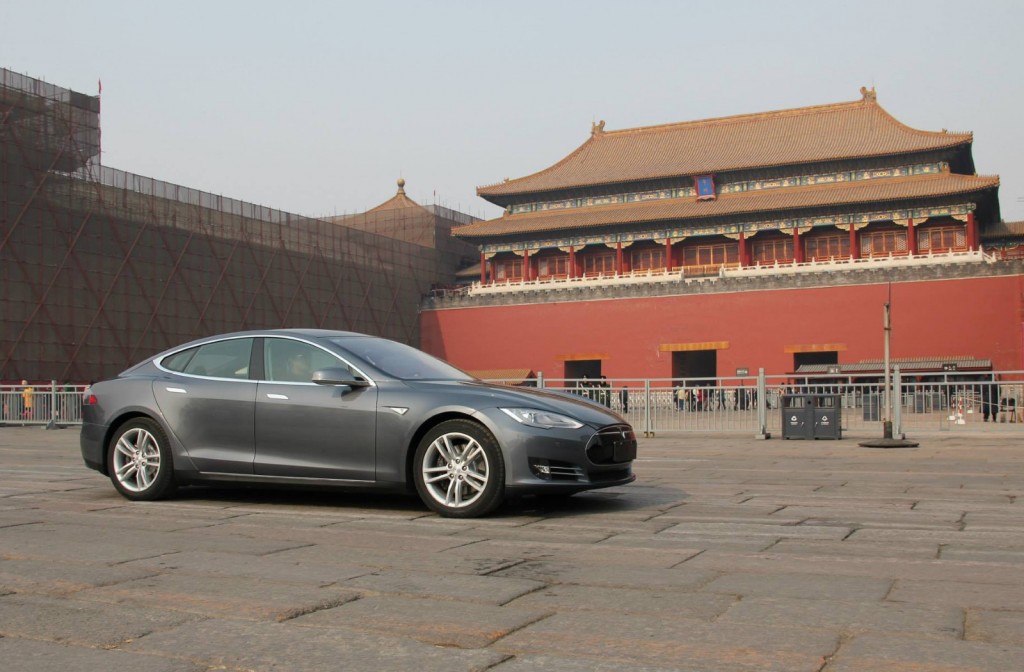China's announcement 10 days ago that it was assessing a timetable for ending sales of new cars with gasoline or diesel engines continues to reverberate.
The country intends to dominate global production of lithium-ion battery cells and electric vehicles, for a host of reasons from industrial power through air pollution to energy security.
A new story Wednesday morning seemed to indicate that the country could even relax its strict rules requiring foreign automakers to partner with Chinese makers in 50-50 joint ventures to sell cars in the country.
DON'T MISS: China wants all electric cars: will it work? Reasons and reactions
Attributing the news to anonymous "company officials briefed on the matter," Bloomberg reported that the country's leaders are discussing a plan to "allow foreign carmakers to set up wholly owned electric-vehicle businesses in its free-trade zones."
While the plan remains subject to revision, it could go into effect early next year—and might offer opportunities for U.S. makers Ford, General Motors, and Tesla to get a foothold for their own electric vehicles in the world's largest new-car market.
The policy change would represent a "landmark departure from the existing rules," as the news service notes, "which [now] require foreign automakers to set up joint ventures with local counterparts."

Chevrolet Sail Electric Concept Vehicle
But consultant and old China hand Michael Dunne, of Hong Kong-based Dunne Automotive, notes there's a catch—and a fairly major one at that.
A Chinese free-trade zone usually allows a foreign company to own 100 percent and manufacture inside the zone for export.
READ THIS: China developing timetable to end sales, production of gasoline cars
For example, China permitted foreign battery makers to own 100 percent of their operations in free-trade zones last summer.
But Korean battery firms did not make China's "white list" of firms allowed to sell to domestic Chinese automakers and joint ventures. You need to have Chinese ownership to make the white list.

2014 Tesla Model S in China
So Beijing-Hyundai has signed battery supply contracts with CATL, the Chinese battery maker.
China may be offering proximity to its market (to get EV manufacturing clusters established on Chinese soil) without really loosening market access.
In other words, China might be happy to let foreign automakers build electric cars for export—but they might still have to partner with Chinese companies if they wanted to sell those same electric cars inside the country.
CHECK OUT: GM CEO Barra attacks China gas-car ban, suggests buyers should decide
Still, Dunne suggests, any such policy announcement is nonetheless worth watching closely.
"Foreign firms can get ensconced on China's doorstep," he notes, "and try to finesse (or muscle?) their way in" to what is already the world's largest single market for battery-electric and plug-in hybrid cars combined.
Stay tuned.
_______________________________________













